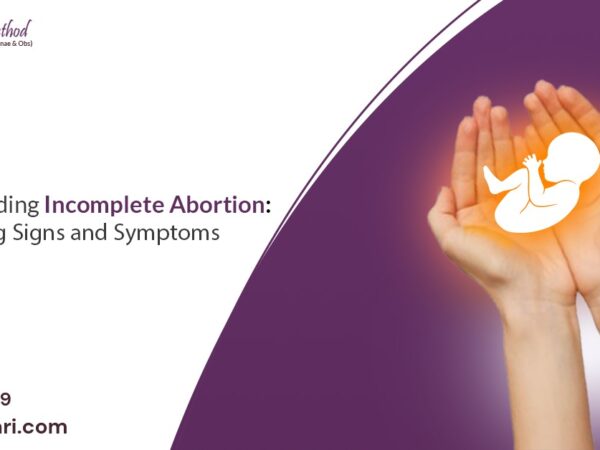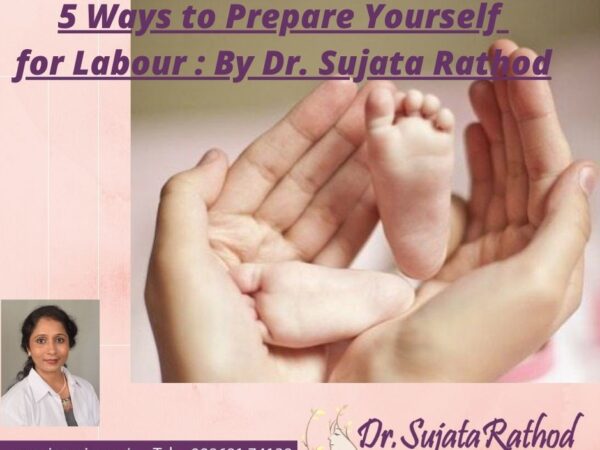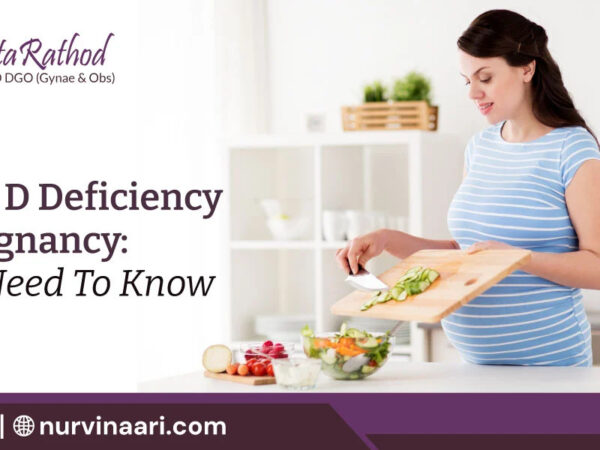Post-partum depression has become the talk of the town lately. We’ve seen many stories of women that shared their experiences after childbirth. But do you know depression and stress are also possible during pregnancy?
Sadly, any mental health disorder that a mother experiences during her pregnancy has a significant impact on the child. It increases the risk of the child experiencing the same mental disorder when they reach adulthood. That’s why it’s important to see a gynecologist in Majiwada if you notice signs of depression during pregnancy.
Is Depression Common During Pregnancy?
Depression is a mental health disorder that triggers feelings of sadness, mood issues, and a loss of interest. While anyone can experience depression, women are twice as likely to suffer from this mental health condition as men. The risk increases during the women’s childbearing age. It’s believed that 7% of women experience depression during pregnancy.
The condition remains undiagnosed in some cases, as it looks similar to other pregnancy-related symptoms, like loss of appetite, change in libido, and low energy levels. Besides that, most women are hesitant to talk about the changes in their mood during pregnancy because of the stigma associated with mental health disorders.
In most cases, people focus on women’s physical health during pregnancy. Women also focus on eating nutritious foods, getting regular check-ups, having a proper sleep cycle, and other things. As a result, the risk of depression and stress disorders increases dramatically during and after pregnancy.
Pre and Post Pregnancy Depression
If depression during pregnancy is left unaddressed, it increases your risk of developing post-partum depression. Note that depression can also lead to complications during pregnancy and at the time of delivery. Miscarriage, pre-term birth, and a baby weighing lower than usual are a few common complications of depression.
Do not confuse stress and depression during pregnancy with the baby blues. New moms, around 80% of them, are likely to experience baby blues, which cause trouble sleeping and performing regular chores. This should last no longer than a few weeks. However, if pregnancy depression is not treated, it can affect your ability to take care of your child. You might feel like loving your child one minute and withdrawn the next.
How does it Affect Your Child?
Depression doesn’t just affect mothers. But, when left untreated during pregnancy, it can cause developmental issues in your child. They are at higher risk of delayed development, behavioral issues, colic, difficulty sleeping, and other serious problems. Not only as toddlers, but pregnancy depression can affect your child when they get into school and during their teen years.
These children develop anxiety disorders, depression, stress, and other mental health diseases as adults. It’s important to see a gynecologist in Vartak Nagar during pregnancy if you notice any signs of depression. They might recommend anti-depressants and other treatments to help you get better. Remember, your mental health affects you and your child later. So, the sooner you get treatment, the lesser the risk of complications during and after pregnancy.



Comments are closed.